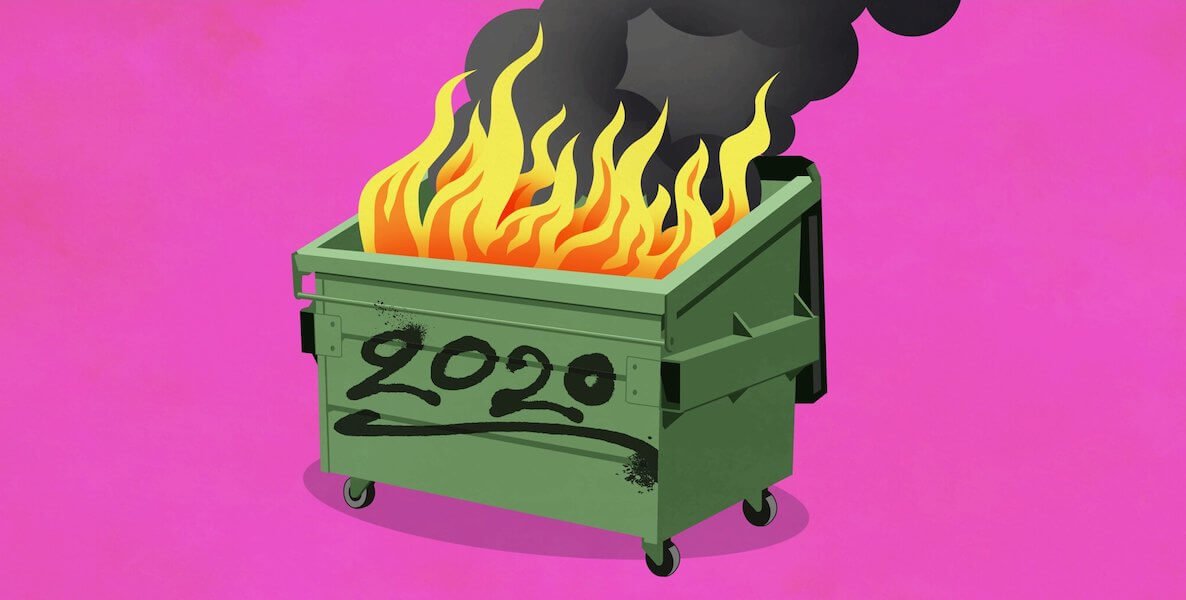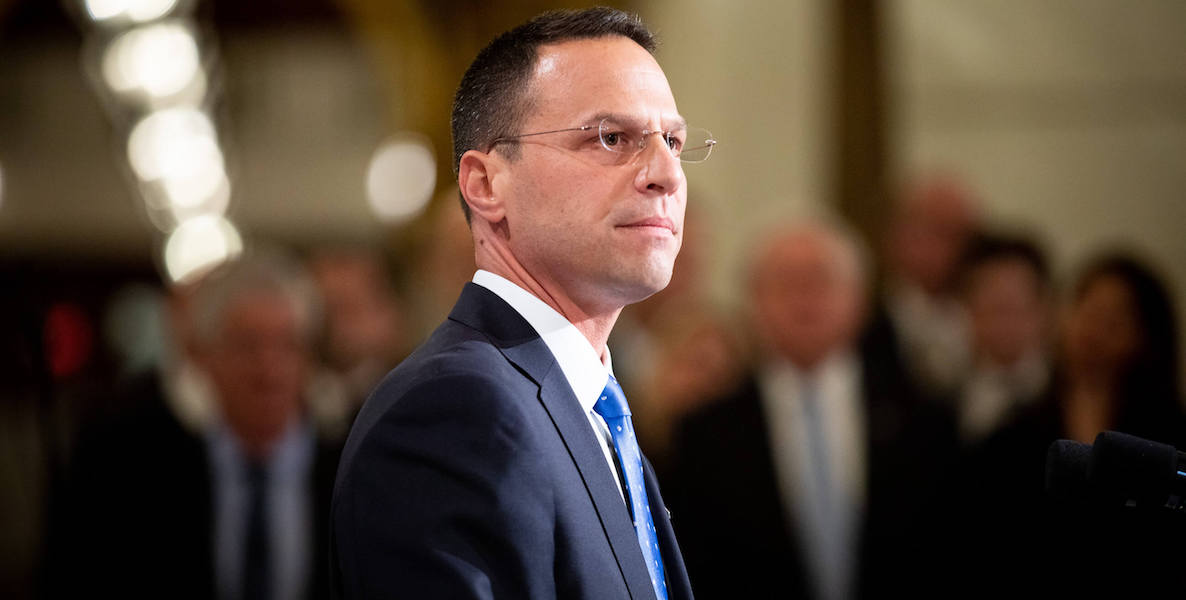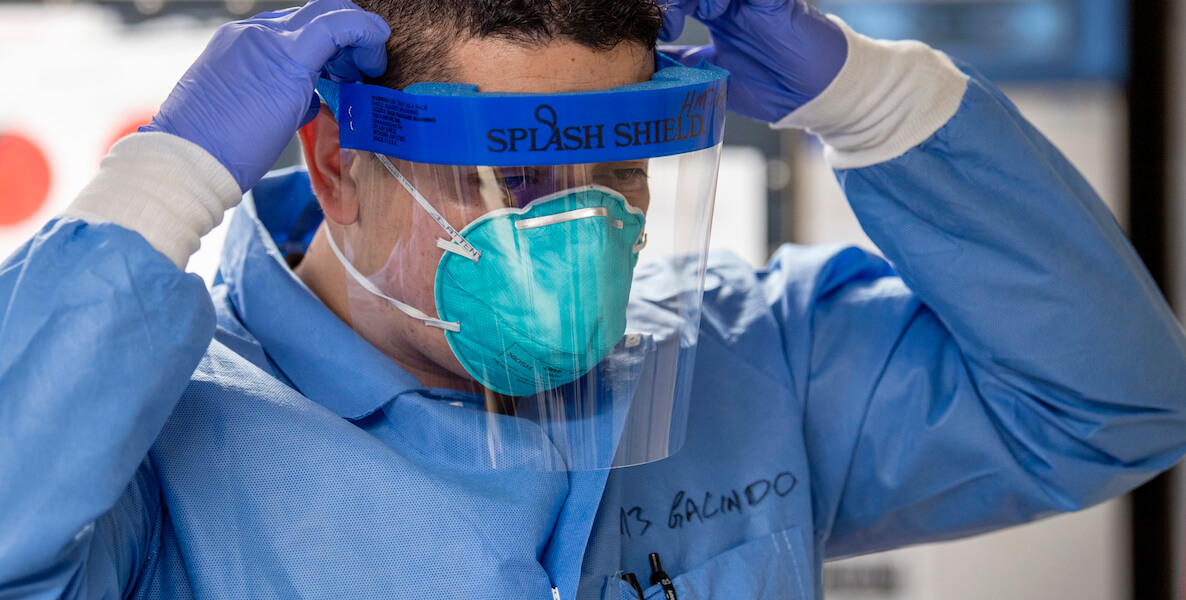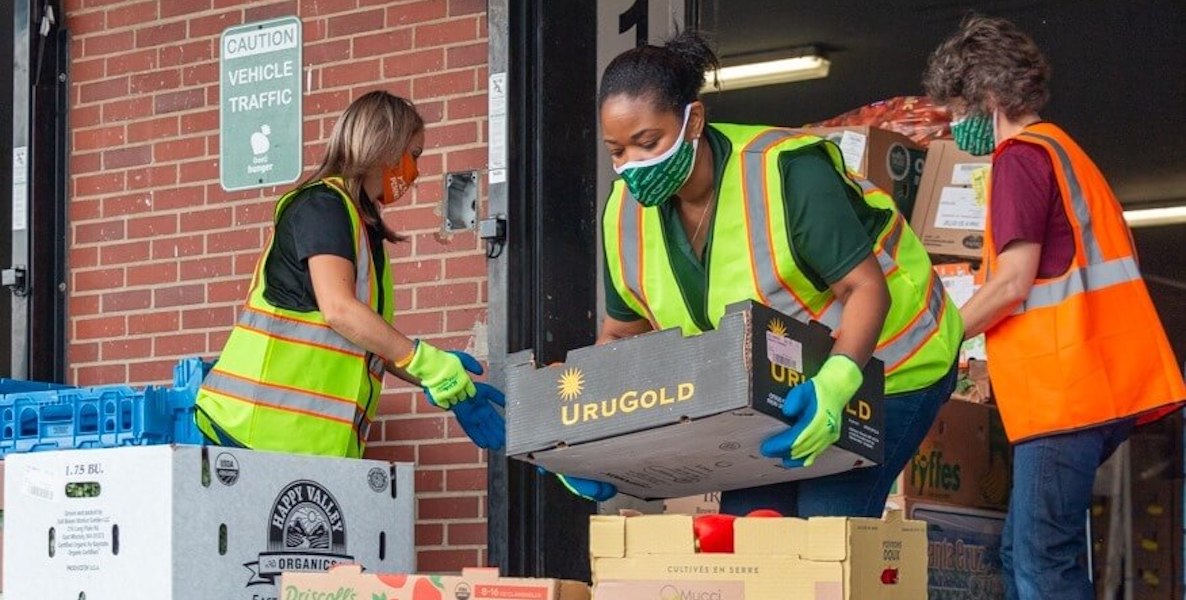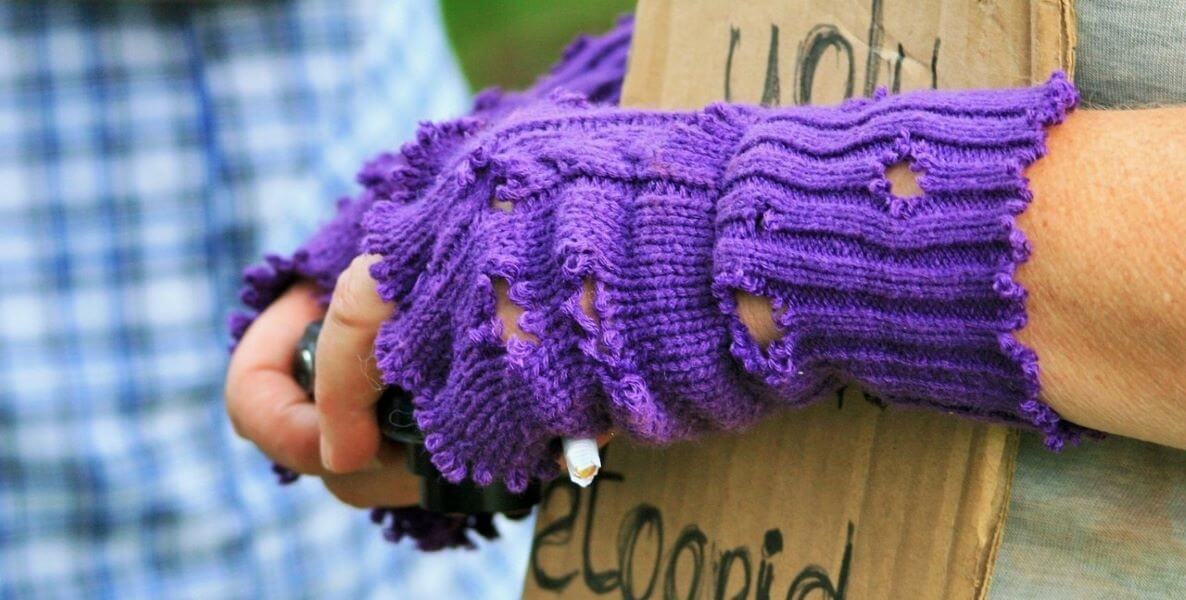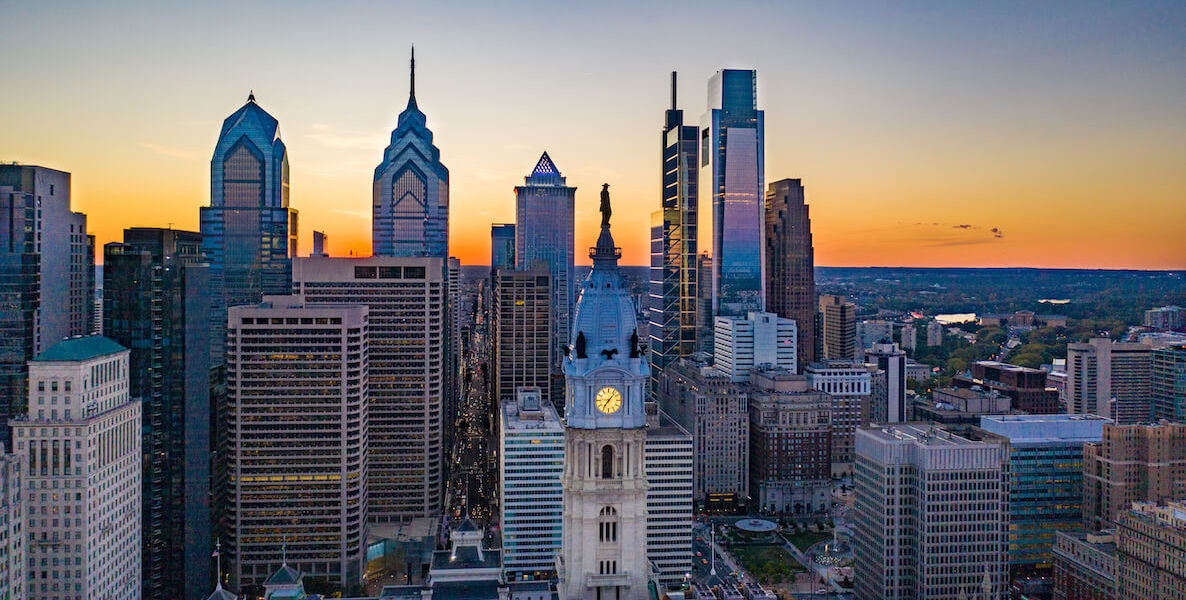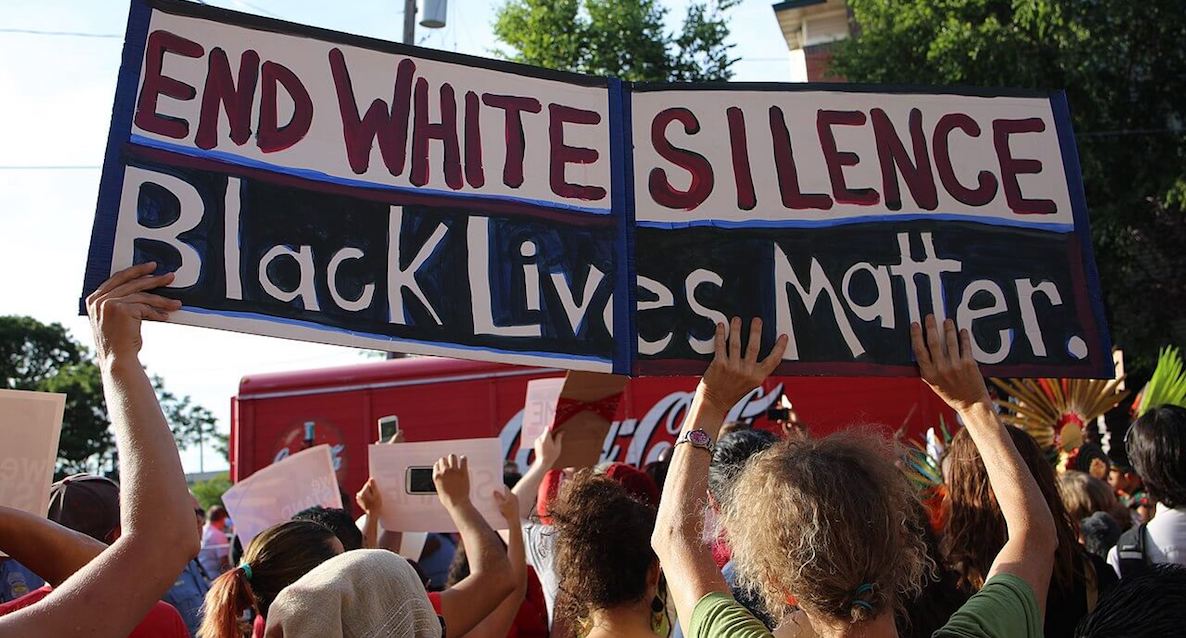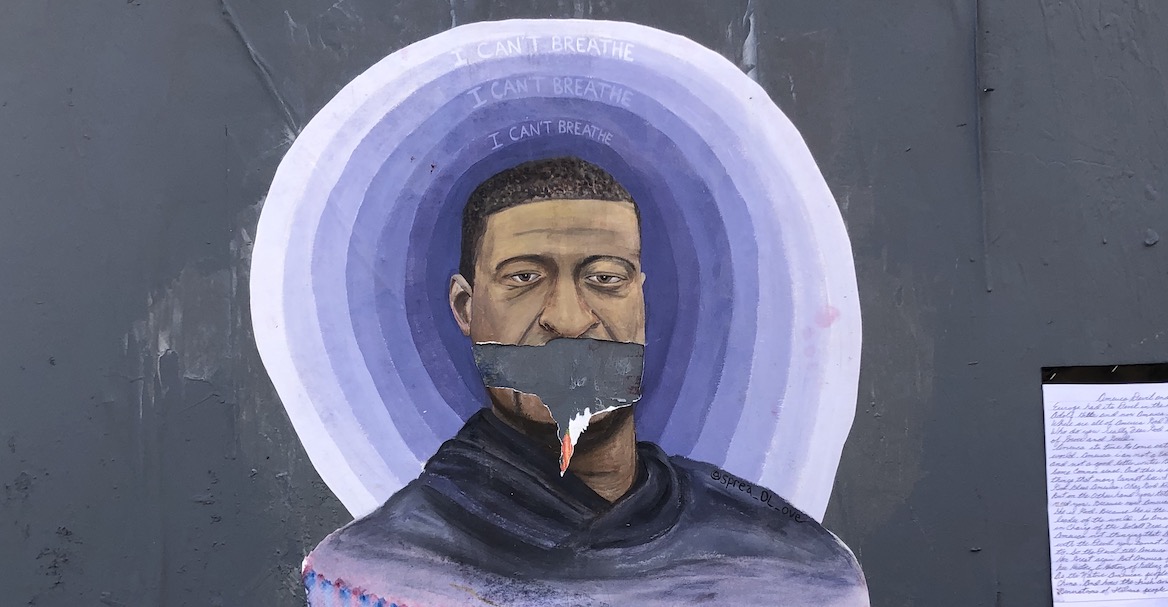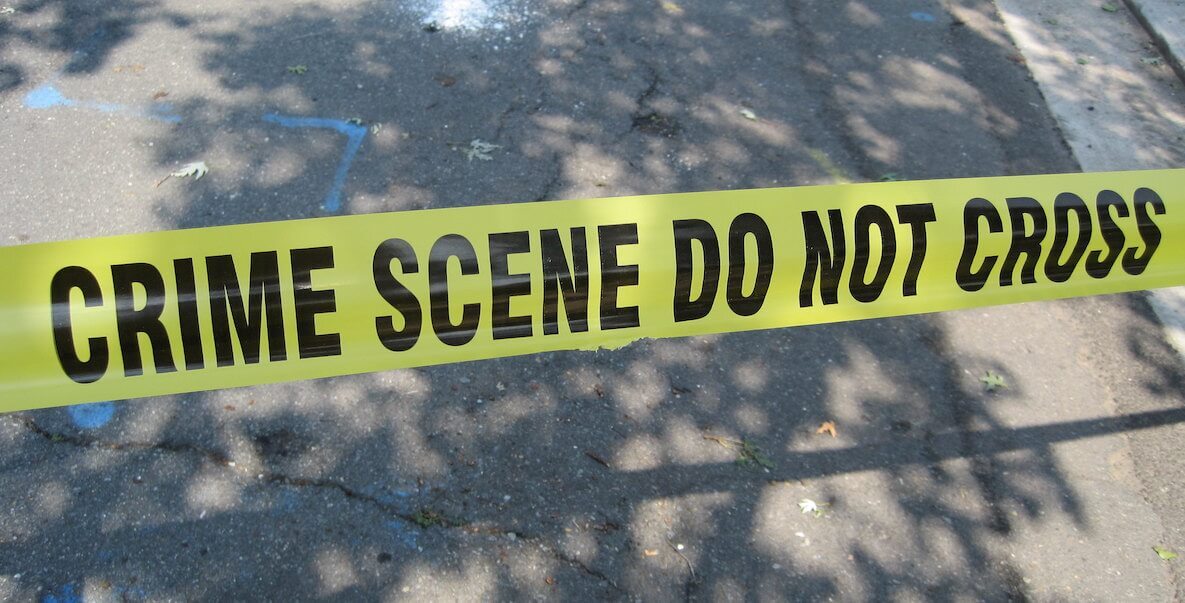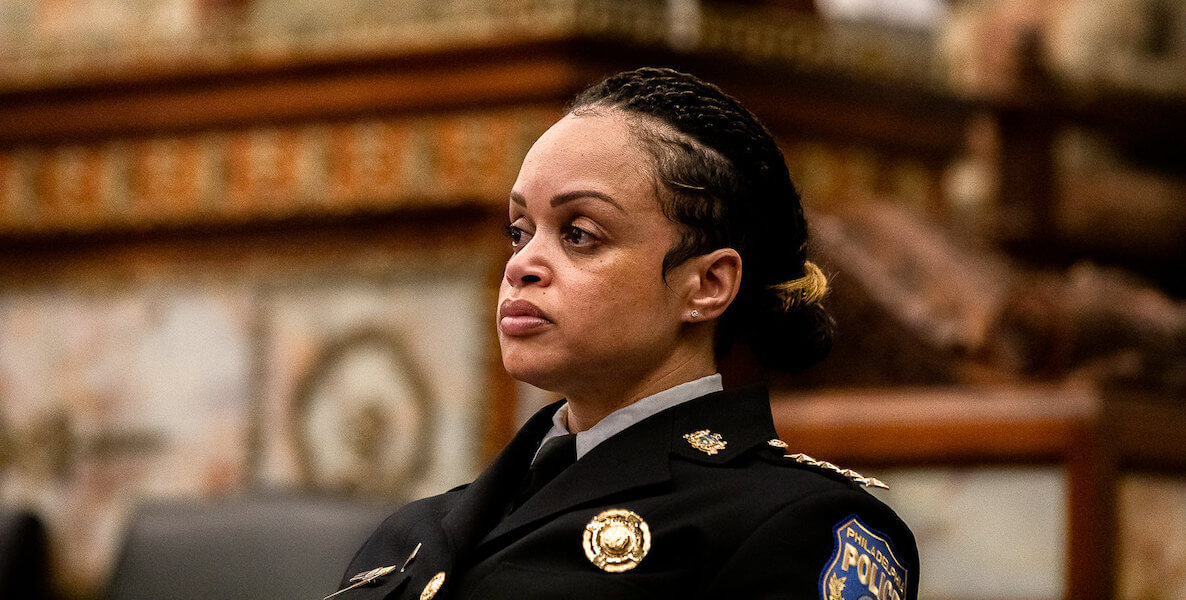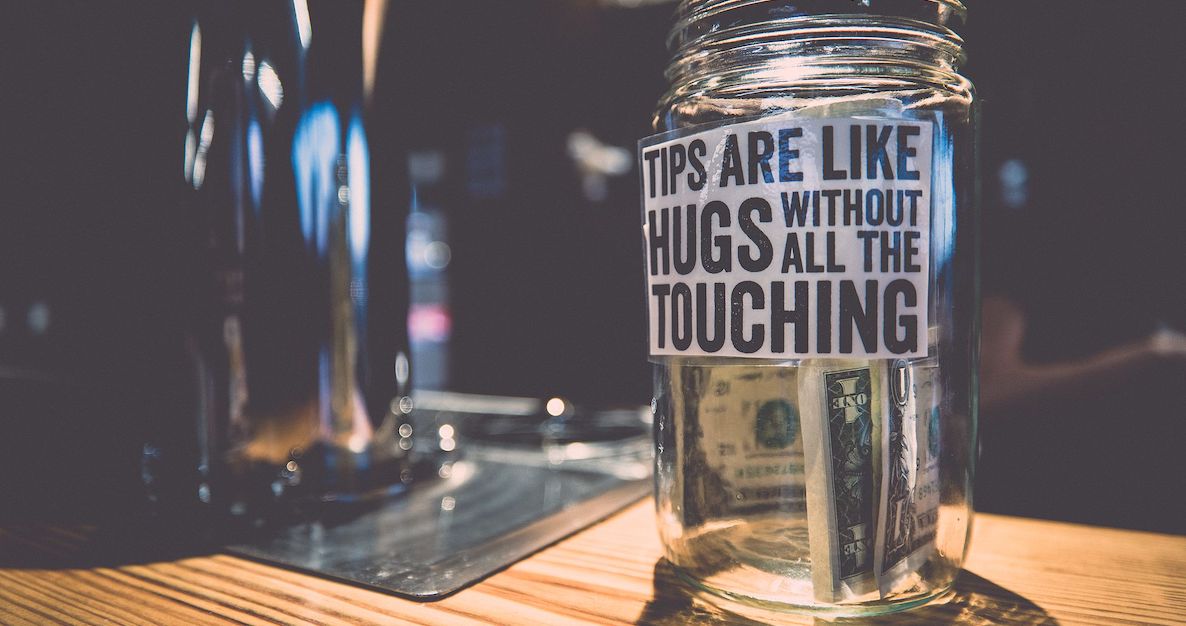There’s no need to explain to you, dear reader, that this has been a year of epic happenings. It has; it is; what made it so won’t end when the clock strikes midnight on January 1.
The year started with a sense of existential dread over the presidential race. It’s ending with a sense of sorrow for all the lives lost, jobs lost, faith in our institutions and—in some cases—each other lost.
But all is not lost. Hope—as it always does in Philadelphia—prevails. How can you tell? By the weeks of protests last summer and into the fall; protests are for the possibility of change as much as they are against the status quo. By the (for us) huge turnout for the election, despite the pandemic; by the strength of our judicial system, protecting the results; by the spontaneous dancing, when Philly brought the election home—and when we were attacked for it.
Mostly, you can tell in the same way that you can always tell: By the way we rallied around each other, in really the worst of times, to help those suffering as a result of a pandemic that so unevenly struck our community.
We weren’t perfect; not everyone on every day did the right thing in this year that—no rose-colored glasses here—was pretty awful: Covid-19, continued racism, police brutality, shootings, poverty, democracy-shaking politics. But we cared, and we cared enough to band together in anger, sympathy, support and celebration.
Can we have more of that, please, in the new year?
Here, a look back at the year we had, through some of The Citizen’s most-read stories—and what that can mean for the year ahead.
We voted
Nearly 744,000 Philadelphians voted for president in November, about 66 percent of those eligible—the most in 36 years. In part, that has to be thanks to Donald Trump, whose election four years ago launched a movement of civically-engaged citizens, and whose divisive presidency propelled people from both parties to the polls. It was ugly, and it remained ugly for weeks. But we’ve long advocated for higher turnout, and that, at least, we saw come to fruition.
In 2021? Rest up a minute, Philly. Then, get back out there. In May, there’s a primary election to decide who will be the next district attorney, city controller, and state Supreme Court justices. It’s also when you can jump in, to be your neighborhood’s judge or inspector of elections. Local elections matter—even when they follow the most exhausting presidential race in recent memory.

We faced a pandemic, and a lockdown, and helped each other through it
First came shock, then terror, then waves of grief, and anger. Almost as quickly a cottage industry of do-gooders sprouted, from the small manufacturing businesses that pivoted to make personal protective equipment, to the mutual aid organizations working from spreadsheets to match donors with those in need, to volunteer technologists helping hospitals and the public make sense of this unprecedented epidemic in our midst.
Then followed some high-profile efforts, from Ala Stanford’s Black Doctors Covid-19 Consortium, bringing free testing to Black neighborhoods; Jeff Brown and Jeff Bartos’s 30 Day Fund that provides $3,000 forgivable loans to small overlooked businesses; to United For Impact (now United for Recovery), the joint effort by United Way, the City and the Philadelphia Foundation to raise money for Philadelphians in need.
In 2021? We’re not done yet, and won’t be for months. So, let’s dig in and do more of the same. It is the only way we’ll get through any of this.

We demanded a reckoning on race
The summer started with the cold-blooded murder of George Floyd halfway across the country, which inspired a protest movement unlike any we’ve seen here: diverse, extensive, and with some immediate consequences—the symbolic removal of the Frank Rizzo monument; Comcast’s $100 million racial equity pledge; a change to police procedures around arrests and oversight.
The protests started conversations much needed in Philly, around policing and budgets and priorities; they prompted a reckoning among white Philadelphians about the ways in which they are either part of the problem prolonging systemic racism, or can be part of the solution. And they created a backlash too—it’s likely no coincidence that the number of people voting for Donald Trump in November was higher than four years ago.
In 2021? None of the events of early summer will matter if it ends there. The new year has to bring about a lasting change to the way we understand, talk about and deal with the impacts of systemic racism in Philadelphia and beyond. That means asking important questions of elected officials and those running for office; pushing employers to look at policies that make it harder for people of color to succeed in the workforce; working to ensure every child, regardless of neighborhood, has the same access to quality education; fixing the health disparities that give residents in one part of town significantly lower life expectancies than in another; and, of course, reconsidering the way our police department operates.

We witnessed the failures of policing—and looked for answers
In the beginning of the year, PPD Commissioner Danielle Outlaw seemed like a much-needed fresh face after a year in which dozens of cops were linked to a racist, misogynistic Facebook page and the former chief resigned in the wake of a sexual harassment lawsuit.
It has proven to be a rocky start. After the protests, there was first the reckoning on how the PPD behaved during the street demonstrations—with incidences of violence and tear gas, which eventually prompted apologies from Mayor Kenney and Commissioner Outlaw (and which Kenney has said is the biggest regret of his mayoralty). Then there was the fall police shooting of Walter Wallace, Jr., in the midst of a mental health episode. Change does not happen quickly.
Police also failed to solve at least half of the homicides in Philly this year, when shootings were up around 50 percent over 2019. Meanwhile, Outlaw came out with a policing reform plan that was forward thinking and smart, incorporating several ideas that have proven to reduce violence and make cities safer. Unfortunately, most of those ideas are still unfunded.
In 2021? It’s clear that our city leaders, on their own, either don’t have the will or the skills to address the twin policing catastrophes—a warrior mentality propped up by a retrograde police union, and a raging gun violence epidemic no one has a plan to solve.
Ensuring any of that changes will depend on private citizens making clear, as we did this summer, that anything less than large scale change is unacceptable. That means being heard early and often at City Council meetings, in phone calls and emails to the mayor, in the ballot box in the spring.

We—as Philadelphians do—still ate out, ordered in and thought a lot about those who serve us food
The list of permanently-shuttered restaurants grows every week, and most of those hanging on are barely getting by. No question this is the end of an era in Philly, and a tragic blow to the small business owners and their staff who run most of the places where we eat out in town.
For those who could, ordering in from their local restaurants went hand in hand with supporting their communities. And as restrictions eased, many restaurants figured out how to (relatively) safely serve diners outside—which has been a boon to both the businesses and their stir crazy customers.
In 2021? The latest stimulus package passed by Congress Monday night provides some relief—though not as much as would have been provided if the federal government had passed the bipartisan RESTAURANTS Act, co-sponsored by Philly Rep. Brian Fitzpatrick.
Now, we can turn our attention to Harrisburg, where at least one Republican Senator plans to introduce a series of measures to help small restaurants. And, we can urge local officials to keep some of the pandemic adaptations, like curbside dining, which expand the capacity of local restaurants—both those existing now, and those bound to open post-Covid.
Happy New Year, Citizen readers. See you in 2021!



